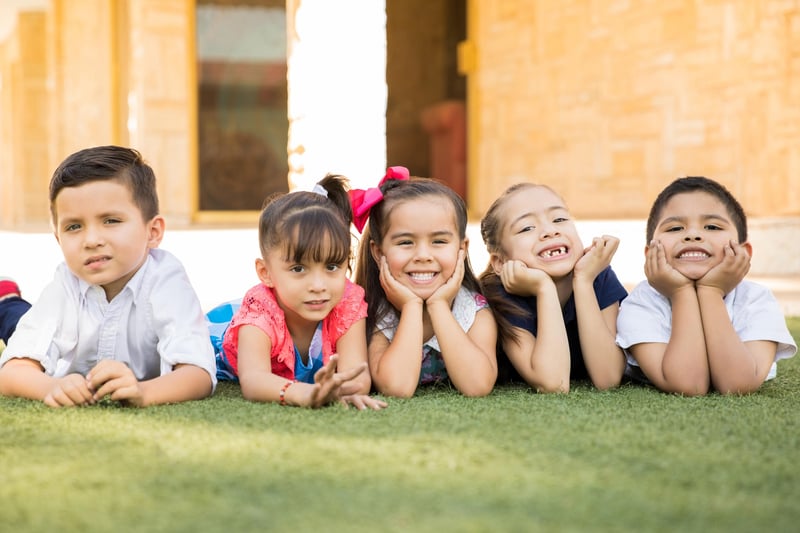Get Healthy!

- Posted June 14, 2022
Why Getting Along in Preschool Is So Important
The expression "plays well with others" is often tossed around to describe people who are less likely to ruffle feathers, and new research shows these sandbox skills really matter.
It turns out that kids who play well with others in preschool are less likely to experience mental health issues as they grow up.
The findings have important implications for the millions of kids who were isolated during their formative years due to pandemic lockdowns, said Laura Gray, a psychologist at Children's National in Washington, D.C., who had no ties to the new study.
"We are seeing global delays in social skills for a lot of kids due to missed social opportunities during COVID-19, but kids are resilient so they are learning but are just a little bit behind," Gray said.
For the study, the researchers analyzed data on almost 1,700 children at ages 3 and 7. Those who played better with their peers when they were 3 were less likely to be hyperactive, and their parents and teachers reported that these kids had fewer conduct and emotional issues. What's more, kids who played well with others when they were younger were less likely to get into fights with other children as they got older, the study showed.
The trend held even when the researchers looked at subsets of children who were at high risk of mental health problems, and after they controlled for other factors known to increase the risk for mental health concerns.
According to study author Jenny Gibson, "Providing opportunities for play with other children is an essential part of giving each child the best start in life." She is an assistant professor in psychology and education at Play in Education, Development, and Learning Centre at the University of Cambridge, in England.
Playing is more than just about having fun. "Play is an excellent way for children to learn and practice new skills," Gibson said. "Through play, children can learn essential social skills like cooperation, turn-taking, managing emotions and coping with uncertainty."
Play also helps children develop the skills they need to make and keep friends. "The best thing about the play is that every child is an expert," she said. "You don't need expensive toys or gadgets. Making time and space to play every day is what's important."
For babies, simple peek-a-boo games and nursery rhymes are great ways to start playing. "It's also never too early to build in opportunities for your baby to meet other children," Gibson added.
Look for parent-baby activities at your local community groups or story time at the local public library, she suggested.
The findings, which were published online June 14 in Child Psychiatry and Human Development, don't mean that kids who didn't play with others when they were young are destined to have mental health challenges, Gray said.
"Kids are resilient, and having supportive parents and a supportive community can help them learn coping strategies," Gray explained.
Her advice? "Be intentional about teaching coping strategies or skills, especially if you have a child who is more emotionally reactive," Gray said.
Modeling good behavior can also help kids learn important social skills, said Lauren Knickerbocker. She's the co-director of the Early Childhood Program at the Child Study Center at NYU Langone Health in New York City.
"Provide opportunities for your child to be around peers, and if they are having trouble getting along or sharing, take steps to address it early on," said Knickerbocker.
Don't let these issues keep you from arranging play dates and putting your child in situations with others. "Keep trying," she stressed.
More information
The American Academy of Pediatrics offers more on the perks of play.
SOURCES: Laura Gray, PhD, psychologist, Children's National, Washington, D.C.; Jenny Gibson, PhD, assistant professor, psychology, education, Play in Education, Development and Learning, University of Cambridge, England; Lauren Knickerbocker, PhD, co-director, Early Childhood Program, Child Study Center, department of child & adolescent psychiatry, NYU Langone Health, New York City; Child Psychiatry and Human Development, June 14, 2022, online
